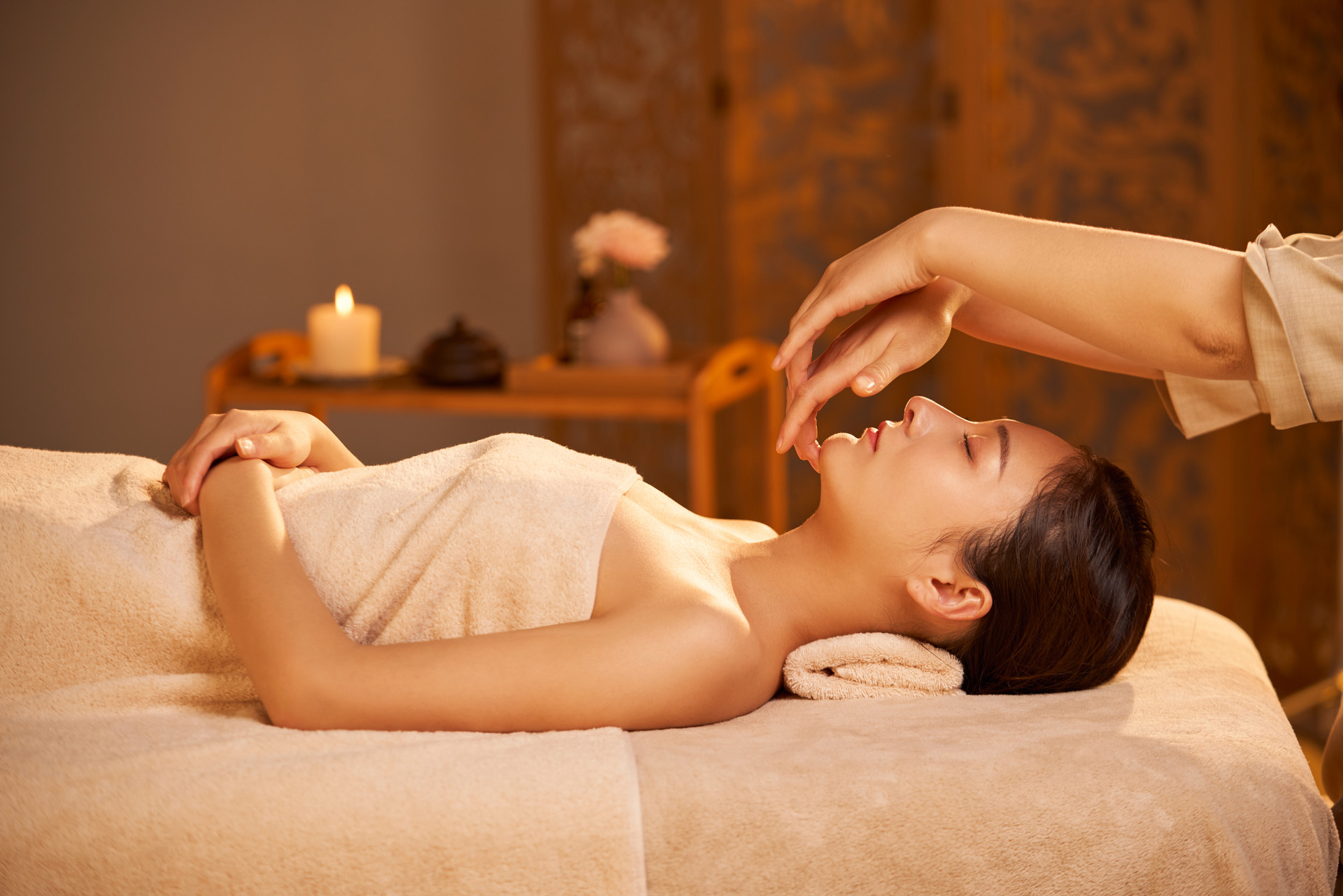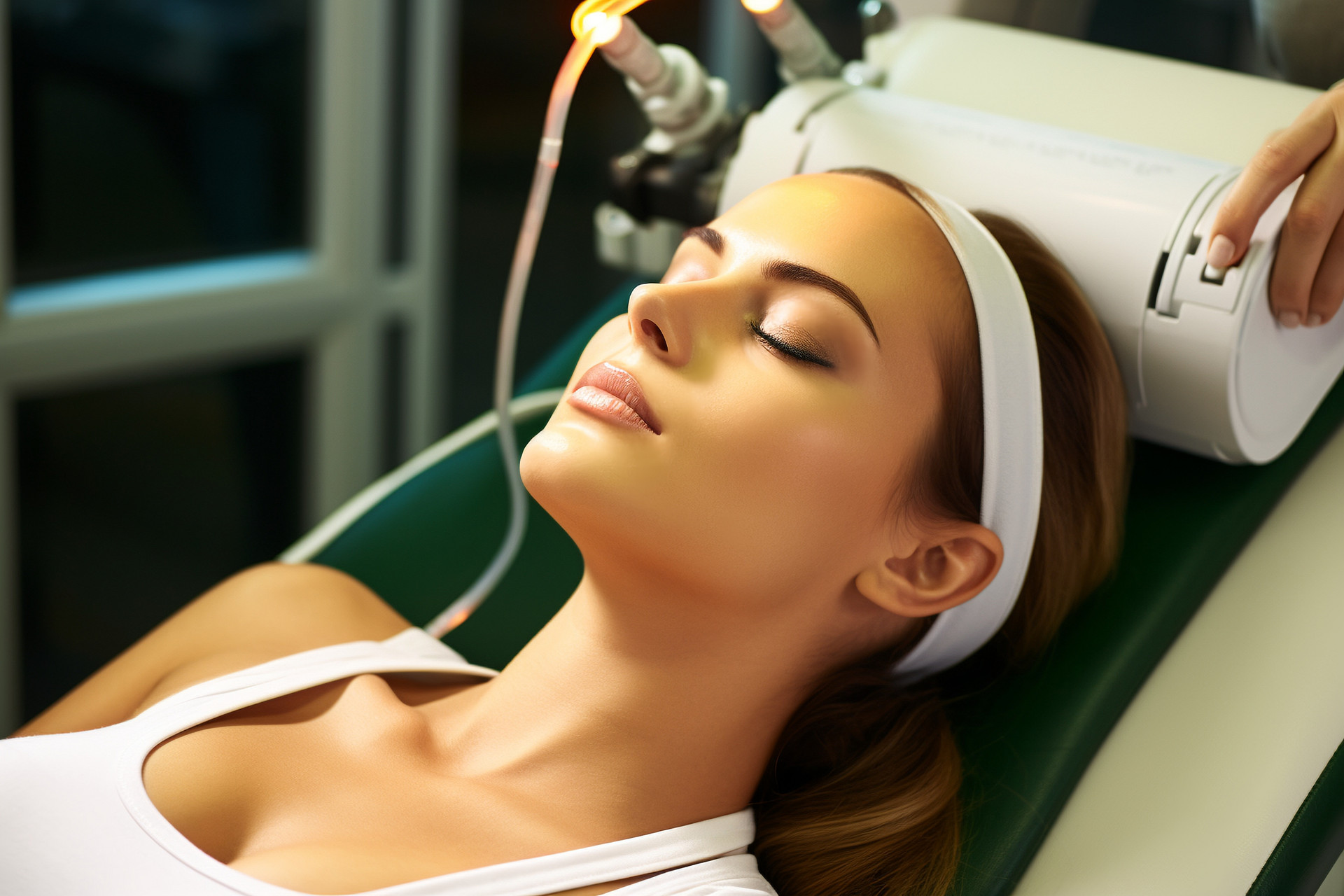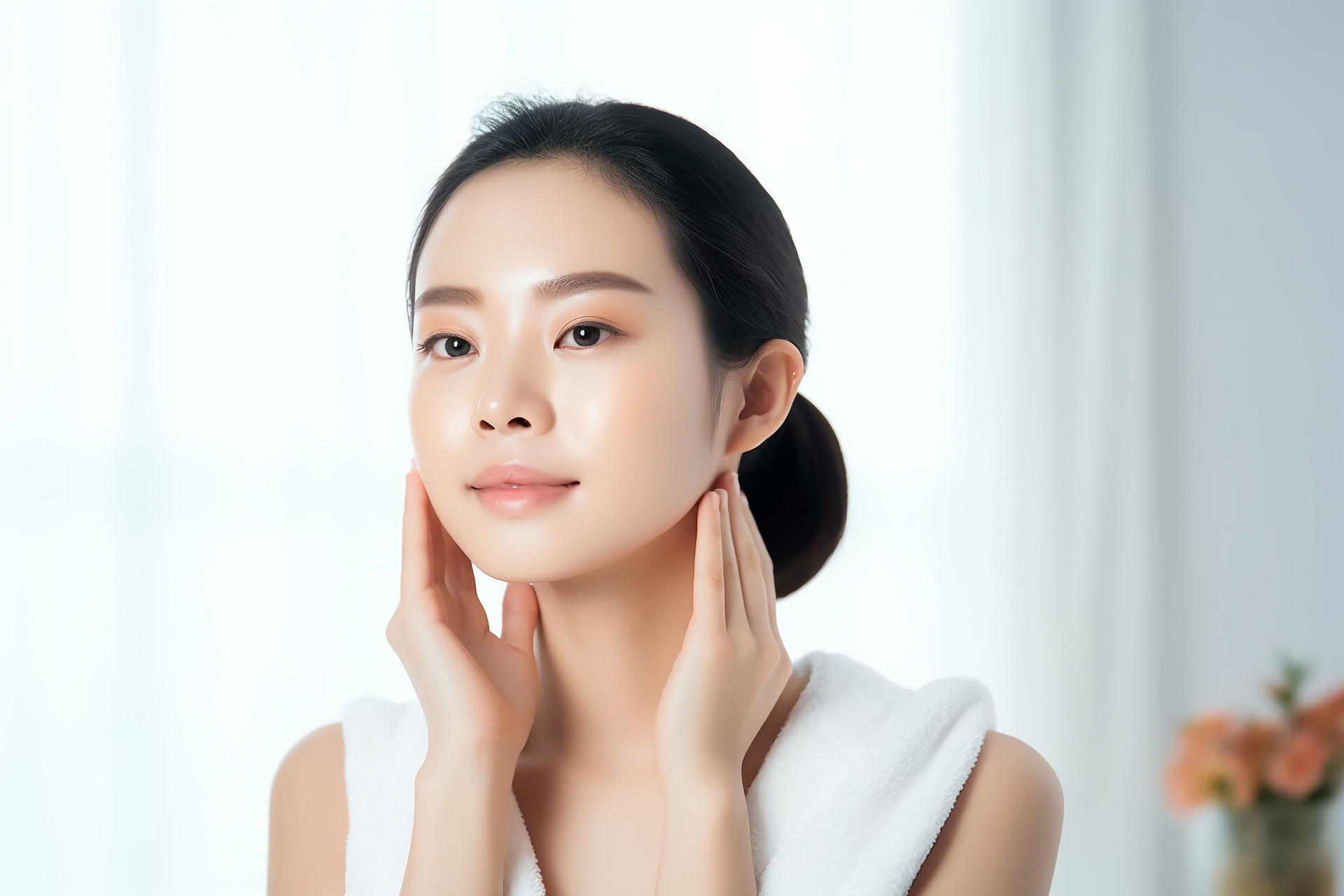
Most long-lived elderly people have a certain number of natural teeth. Summing up their experience, there are ten methods:
1. Rinse mouth frequently
There are various methods of rinsing the mouth, such as water rinse, tea rinse, saltwater rinse, vinegar rinse, and Chinese medicine soak. It is particularly important to use saliva for "moisturizing rinsing", which includes methods like touching the palate with the tongue, stirring the saliva in the mouth, and inflating and rinsing the oral cavity. Tongue touching the palate: Close your eyes and concentrate when sitting, gently lick the palate with the tip of your tongue to harmonize your breath, and the tongue will produce saliva frequently. Inflating and rinsing the oral cavity: Use your tongue to lick and massage the inner gum from left to right and from top to bottom, for a total of 9 cycles. Then, lick and massage the outer gum for 9 cycles in the same order. Inflating and rinsing method: Close your lips lightly, and move your tongue back and forth in your mouth under the guidance of the root of the tongue. When saliva is generated, inflate and rinse with sound for a total of 36 times. After the mouth is moisturized, it can be stopped.
2. Gently tap the teeth
Tapping the teeth means tapping the upper and lower teeth against each other. It is also called "tapping the heavenly clock". There are light tapping, heavy tapping, and alternating light and heavy tapping. Generally, it is believed that those with good teeth should tap heavily, while those with poor teeth should tap lightly or alternately tap lightly and heavily. The specific method is as follows: eliminate distractions, relax your mind, lightly close your lips, first tap the molar teeth 50 times, then tap the incisors 50 times, then tap the canine teeth 50 times, and finally use your tongue to lick the gums three to five times. Do this once in the morning and evening, or whenever it is convenient for you, not limited to morning and evening.
Pu Qian Guanguan, a health expert in the Song Dynasty, also believed that tapping the teeth during urination and defecation is beneficial to the excretory function. This is because when tapping the teeth, the attention is diverted, which reduces the tension of the urethra and anal sphincter, making their functions more natural and smooth. In addition, there is another method: when urinating, close your eyes and hold your breath, tightly bite your teeth together from top to bottom, which is also called "closing the heavenly gate". This method can promote oral metabolism, activate gum blood circulation, and help smooth urine excretion.
3. Brush teeth in the morning and evening
Brush your teeth once in the morning and once in the evening. Brushing your teeth before going to bed at night is more important than brushing your teeth in the morning. You should also master the correct brushing method, which is to brush vertically along the direction of the dental floss, first inside and then outside, with moderate force. In addition, you should regularly change your toothbrush to prevent the accumulation of dirt on the toothbrush becoming a breeding ground for bacteria.
4. Rub lips and massage
Close your lips, use the four fingers of your right hand together, and gently rub and knead the outer edge of your lips in a clockwise and counterclockwise direction until the local area becomes slightly warm and red. Another method is to use clean thumb and index finger to massage the gums in a certain order for about 10 minutes each time, which can promote gum blood circulation and prevent premature gum recession.
5. Chew correctly
When chewing food, both sides or alternating sides of the teeth should be used, and chewing with one side of the teeth should be avoided. Chewing with one side of the teeth can easily lead to atrophy of the gums on the other side, resulting in dental problems.
6. Avoid picking teeth
When meat fibers are stuck between the teeth, it is not advisable to pick the teeth with toothpicks or matchsticks. This method is very likely to damage the gum tissue, which can then cause pathological changes such as infection and ulceration, and even bleeding. The best way is to rinse the mouth with tea, so that the tea can flush the teeth and both sides of the tongue in the mouth. Tea can not only remove dental plaque, but also improve the physiological functions of the orbicularis oris muscle and oral mucosa, and enhance the acid resistance and preservation ability of the teeth. Tea itself also has bacteriostatic and bactericidal effects.
7. Suitable temperature for food and drink
Traditional Chinese medicine has always advocated that diet should be at a suitable temperature. Overly hot foods can easily damage the oral mucosa and gums, and even cause congestion and bleeding. Excessively cold foods can reduce gum blood circulation, affect the supply of nutrients, and cause insufficient blood supply and malnutrition, promoting gum recession.
8. Fine dietary habits
Due to the narrow apical foramen in old age, the blood supply to the teeth is hindered. Therefore, food should be fine rather than coarse, and soft rather than hard. The food should be small in quantity but high in nutritional value, and spicy and rough foods should be eaten as little as possible. It is also advisable to drink more soup to supplement the insufficient secretion of digestive juice.
9. Nourish the teeth with nutrition
Vitamins A, D, G, B group, and minerals such as calcium, phosphorus, and protein are all essential nutrients for maintaining dental function. You should eat more fresh vegetables, fruits, animal liver, kidneys, eggs, dairy products, and fresh milk. It is also a good habit to drink tea on a regular basis (of course, not strong tea), which can increase the supply of fluoride to protect the teeth.
10. Medication for oral health
In ancient China, traditional Chinese medicine was often used for tooth cleaning and dental health. Nowadays, there are many varieties of Chinese herbal toothpaste on the market, which is a continuation of this practice. Drugs that are harmful to the teeth should be used as little as possible or avoided, such as tetracycline, streptomycin, terramycin, and erythromycin. If an elderly person has a toothache, they should seek guidance from a specialist doctor for medication and should not take medication casually.





